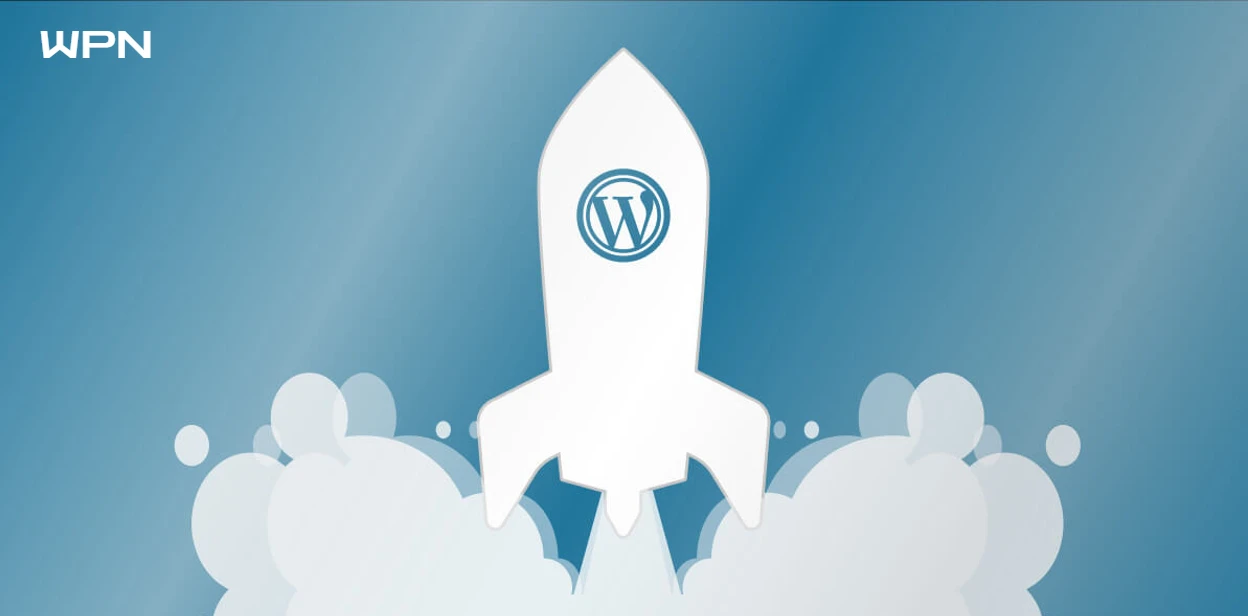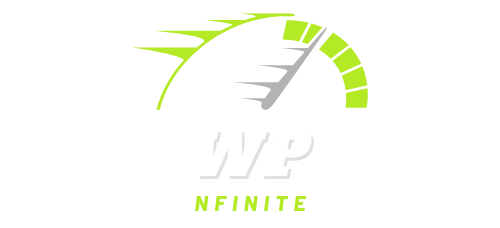
Factors that Imapact WordPress Performance
WordPress is a powerful platform that powers a significant portion of the internet. However, its performance can sometimes be less than optimal due to a variety of factors. This article explores the key elements that can impact the performance of a WordPress site and offers practical solutions to resolve these issues.
Common Factors that Effect WordPress Performance
While there are numerous factors that can impact the performance of a WordPress site, addressing the following issues systematically can lead to significant improvements:
1. Web Hosting Environment
- The type of hosting you choose has a profound effect on your site’s performance. Shared hosting might be economical but can suffer from resource limitations and slower response times during peak traffic.
- Resolution: Upgrade to a more robust hosting solution like VPS, managed WordPress hosting, or a dedicated server, especially if your site is growing or experiencing increased traffic.
2. Theme/Plugin Load & Bulky Features
Heavily coded themes and excessive plugins can slow down your site by creating too many database queries and loading unnecessary scripts and styles. Opt for lightweight themes and only install plugins that are essential. Regularly review and deactivate or uninstall plugins that are not in use or that duplicate functionality. Here are some features, plugins, and elements that can make your WordPress site bulky and slow:
Heavy Themes
- Themes with extensive features like Avada or Betheme are often resource-intensive.
- Resolution: Choose themes that are optimized for speed and only enable features that are necessary. Regularly update themes to take advantage of performance improvements.
Page Builders
- Page builders like Elementor, WPBakery, and Beaver Builder enhance site design flexibility but can slow down your site by adding extra CSS and JavaScript files.
- Resolution: Choose lightweight page builders and only use essential widgets. Optimize CSS and JavaScript delivery by combining and minifying files.
Media Elements
- Large images, videos, and sliders created with plugins like Revolution Slider can dramatically increase page load times.
- Resolution: Optimize media files using compression tools and serve scaled images. Implement lazy loading to defer loading of images and videos until they are needed.
E-commerce Capability
- WooCommerce intensifies server load with its complex queries for product listings, carts, and checkout processes.
- Resolution: Use caching specifically optimized for WooCommerce and limit the number of products displayed per page. Ensure database optimization is regularly performed.
Multilingual Plugins
- Plugins like WPML and Polylang increase database queries by storing translations for each piece of content.
- Resolution: Optimize database performance and use a dynamic caching solution to speed up content delivery in different languages.
Advanced Forms
- Plugins like Gravity Forms and Contact Form 7 can load many resources, especially on pages where forms are present.
- Resolution: Load form-related scripts and styles only on pages where the forms are used, and consider AJAX submissions to reduce reloads.
Social Media Integration
- Social sharing plugins add external requests and files to load, increasing the total page load time.
- Resolution: Opt for lightweight social sharing plugins and defer the loading of these scripts until after the page renders.
Custom Post Types & Taxonomies
- Extensive use of custom post types and taxonomies can lead to complex database queries.
- Resolution: Properly index the database and clean up unused post types and taxonomies.
Widgets and Shortcodes
- Excessive use of widgets and shortcodes can slow down pages by making additional database calls and loading more resources.
- Resolution: Review and rationalize the use of shortcodes and widgets. Cache widget output where possible.
SEO Plugins
- Plugins like Yoast SEO or All in One SEO Pack can impact performance by altering resource loading and generating additional database queries.
- Resolution: Configure SEO plugins carefully to avoid unnecessary functionality and ensure that sitemaps and metadata are cached.
Security and Backup Plugins
- Plugins like Wordfence and UpdraftPlus run background processes that can consume server resources.
- Resolution: Schedule security scans and backups during low traffic times. Optimize security plugin settings to balance performance and security.
Analytics and Ads
- Adding tracking codes and advertising scripts can slow down your site by making external HTTP requests.
- Resolution: Use asynchronous loading for scripts to prevent them from blocking page rendering. Consider aggregating tracking codes through a tag manager.
3. Database Overhead
- Over time, the WordPress database can become bloated with transient options, revisions, and other data that are no longer necessary.
- Resolution: Regularly clean your database using plugins like WP-Optimize or WP-Sweep. Limit post revisions and empty the trash bin routinely.
4. Caching Issues
- Without proper caching, every page request loads all WordPress resources anew, which can be inefficient and slow.
- Resolution: Implement caching solutions such as W3 Total Cache or WP Rocket to serve static HTML versions of your pages. Configure browser caching via .htaccess for static resources like CSS and JavaScript files.
5. Lack of Content Delivery Network (CDN)
- Without a CDN, all users access your site from a single location, which can cause delays for visitors far from your server.
- Resolution: Use a CDN like Cloudflare, BunnyCDN, or QUIC.cloud to distribute your content across a global network of servers, reducing latency and improving load times.
6. Poorly Configured SSL/TLS
- SSL/TLS encryption is crucial for security but can add overhead to connection and handshake times.
- Resolution: Optimize SSL with protocols like HTTP/2 and ensure your server is configured for OCSP stapling to speed up SSL certificate verification.
7. External Scripts
- External scripts such as ads, font loaders, and social buttons can slow down your site as they rely on third-party servers.
- Resolution: Minimize the use of external scripts. If necessary, ensure they are loaded asynchronously to not block the rendering of your page.
8. Inefficient Code
- Inefficient or outdated PHP code can significantly slow down your WordPress site.
- Resolution: Regularly update WordPress core, themes, and plugins. Consider hiring a developer to review custom code or themes for performance optimization.
Conclusion
While there are numerous factors that can impact the performance of a WordPress site, addressing these issues systematically can lead to significant improvements. By optimizing hosting, themes, plugins, media, and implementing effective caching and CDN services, site owners can enhance both user experience and SEO, ensuring their WordPress site performs optimally. Remember, performance optimization is an ongoing process that benefits from regular review and adjustments.
